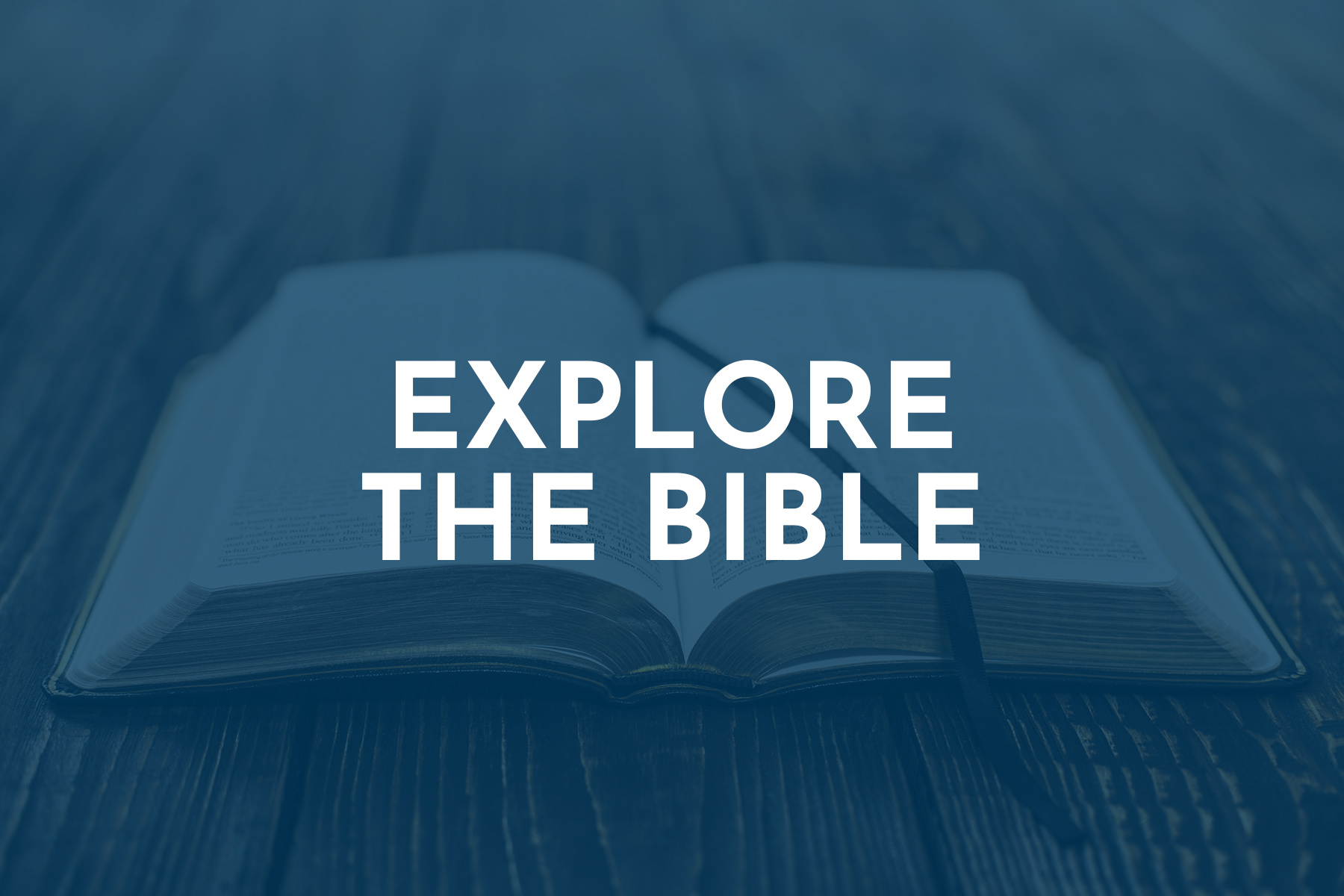A Substitute • Genesis 22:1-14
By Laura Lee Leathers

Abraham and Sarah’s journey leads them to the region of Negev. They settle around Gerar. The mature couple meets King Abimelech, and Sarah is added to his harem. In a dream, God reveals that Sarah is married to Abraham. Abimelech and his family will die if she is not returned.
Sarah returns to Abraham, along with gifts from the king. Abraham prays for Abimelech; his wife and female servants can now bear children.
Reading Chapter 21, you will find three short stories: Isaac’s birth (21:1-7), Abraham’s obedience to have Hagar and Ishmael removed from his residence (21:8-21), and another encounter with King Abimelech regarding the ownership of a well.
The Command (Gen. 22:1-3) – “After these things” refers to the above-mentioned events. Why did God need to test Abraham? Because “Abraham needed to learn something about himself and God” (Lifeway). His response was, “Here I am.”
God’s instructions to Abraham are to take his only son, Isaac. The reference only son shows he is the promised heir. They were to go to the land of Moriah, to a mountain God would later reveal. There, he was to offer Isaac as a burnt offering.
“God’s command to offer Isaac as a sacrifice is unique. No such requirement appears elsewhere in Scripture” (Lifeway).
In preparation, Abraham saddles his donkey early in the morning and splits the wood for the offering. Interestingly, he completed the tasks himself instead of a servant. He, Isaac, and two young men leave for Moriah, a rocky hilltop north of Jerusalem.
The Climb (Gen. 22:4-8) – Three days of deep thinking and pondering upon God’s instructions has brought the four individuals to a stopping point. Abraham looks up and sees “the place in the distance.”
The two young men are told to stay behind with the donkey while Isaac and Abraham go to worship. Notice the references to son and boy throughout the focal passage. The phrase, “We’ll come back,” attests to Abraham’s trust in God.
The wood is loaded on Isaac’s back. In Abraham’s hand are the fire and the knife (maakeleth in Hebrew), which refers to a huge knife that could inflict severe damage or dismember a corpse (Judg. 19:29).
Isaac, probably a teenager, watched his father prepare to worship God. He saw the wood, the fire, and the knife but asked where the lamb was. Abraham reassures his son that God will provide. It is a declaration that Abraham fully trusted God.
With each step they took, was there silence? Did their minds whirl with more questions? We don’t have those answers. What we do see is Abraham’s obedience and a son’s trust.
The Test (Gen. 22:9-12) – The two have reached their destination. Abraham builds the altar and arranges the wood. Next, he binds Isaac, probably his hands and feet, and places him on the wood. (This article mentions the burnt offering: The Provision of Sacrifice in the Old Testament)
What were Isaac’s thoughts? Is this how God is going to provide? Am I the one to be on the altar? We read nothing of Isaac’s resistance, but we see his submission.
The knife is raised, and Abraham hears an angel of the Lord call his name two times from heaven. He responds, “Here I am,” without hesitation or delay.
He hears, “Do not lay a hand on the boy or do anything to him.” Then notice the next sentence, “For now I know that you fear God, since you have not withheld your only son from Me.”
Abraham, not Isaac, passed the test with flying colors. “God did not test Abraham to try to find the weak point at which His servant would fail, but rather He showed the testimony of His faithful child whose faith had matured” (The Woman’s Study Bible, Patterson & Kelley).
The Substitute (Gen. 22:13-14) – Abraham looks up and sees a full-grown ram, not a lamb, and offers it as the sacrifice. Abraham calls this special place “The LORD Will Provide,” meaning “God sees.”
The story of Abraham and Isaac is similar to Jesus and His Father. Both were the “only son,” loved deeply by their fathers, and transported wood to the place of sacrifice. Neither one said a word, submitted to their fathers, and on the third day, they were delivered from death. The ram took Isaac’s place. Jesus is our ‘Substitutionary atonement” (1 Pet. 3:18, also see Hebrews 11:8-19).
Where is the lamb? His name is Jesus, and He takes away the sin of the world (John 1:29).
Leathers is a member of First Church Lexington.




